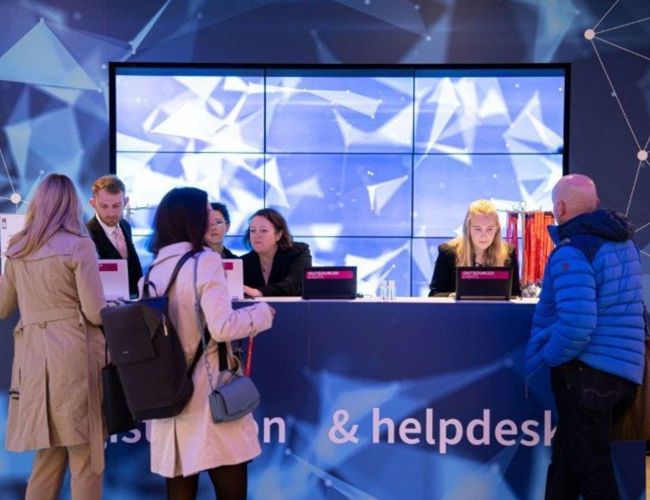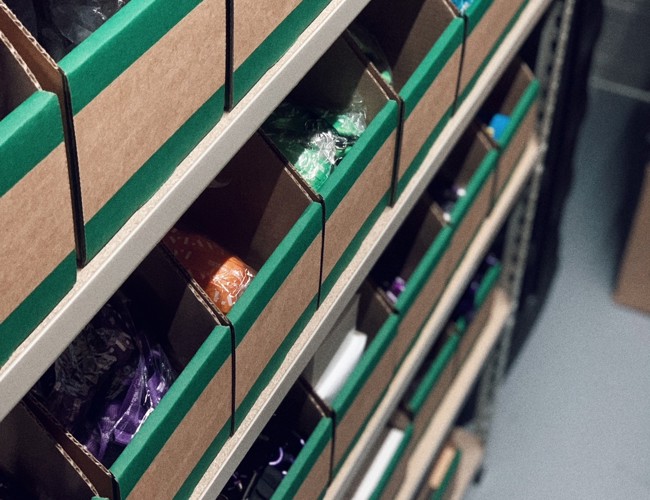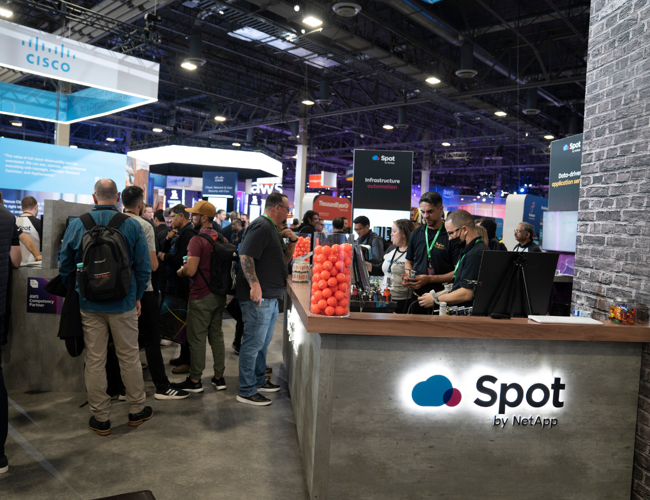Knowledge & Insights

Unlock Event Expertise with our Knowledge and Insights
Welcome to Outsourced Events' Knowledge and Insights page, your go-to resource for the latest trends, expert advice, and innovative strategies in the event planning industry. Our team of experienced professionals shares valuable content to help you stay ahead of the curve and make informed decisions for your events.
"They always come armed with buckets of great ideas, insanely good attention to detail, and are just the easiest people in the world to work with."







